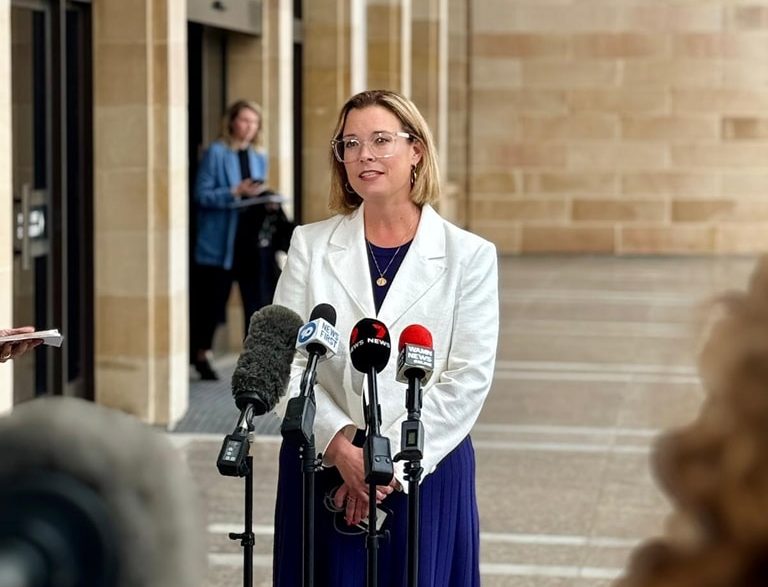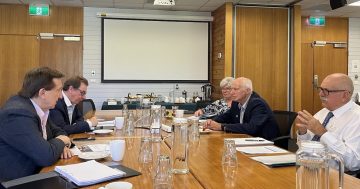
Local Government Minister Hannah Beazley thanked WALGA and LG Professionals WA for their “valued advocacy, input and feedback on these landmark reforms”. Photo: Facebook/Hannah Beazley MLA.
The Western Australian Government has tabled new legislation that will establish a Local Government Inspector and monitors, to make findings on alleged conduct breaches by council members.
Local Government Minister Hannah Beazley introduced the Local Government Amendment Bill 2024, the second tranche of reforms that is expected to provide greater oversight and early intervention.
These new laws are also anticipated to benefit ratepayers by requiring councils to publish rate forecasts.
“Local governments across Western Australia do incredible work delivering important public services for our communities,” said Minister Beazley. “Unfortunately, isolated cases of division and dysfunction can unfairly tarnish confidence in the wider local government sector.
“That is why it is important that local governments are supported to identify and resolve problems at the earliest possible stage.
“Our legislation is designed to provide greater transparency and accountability, reduce red tape, clarify roles and responsibilities, and improve local government financial management and reporting.”
Under the legislation, the Local Government Inspector will have powers to appoint specialist monitors to proactively assist local governments in resolving issues and addressing dysfunction.
It also seeks to replace the present complaints system, which uses a local government standards panel instead of adjudicators with legal expertise.
Monitors and adjudicators will both have mediation as a tool for resolving complaints.
Minister Beazley said these reforms also reflected the public expectation that serious conduct breaches by council members could result in a significant penalty, including council members having their allowances withheld or being suspended from office for up to three months.
Council members will be disqualified from office if they are suspended for breaches three times.
“I would like to thank the Western Australian Local Government Association (WA LGA), Local Government Professionals WA, sector unions, and other stakeholders for all of their input and engagement to our reform process since 2017,” said Minister Beazley.
WA LGA President Karen Chappel AM JP welcomed the tabled changes and was pleased that councils could now determine to pay superannuation to their elected members.
“These reforms will provide clarity on the separation of roles and responsibilities between elected members and local government officers,” Ms Chappel said.
“The reforms also provide powers to allow local governments to no longer respond to repeated vexatious complaints and activity, meaning effort and resources are not diverted away from community service delivery.
“We are also delighted that our advocacy positions on regional collaboration between councils, an ability for councils to undertake local law making, changes to the financial rules on building upgrade finance and the ability to borrow funds against land, are recognised in the reforms.
“After the first tranche of reforms arrived in May 2023, we shifted our focus to the next phase of legislative priorities and we thank the minister for meeting with us regularly and working with us on the detail of the changes.”
Other reforms to the act include:
- Ensuring meetings are only closed when absolutely necessary by strengthening the rules for the limited circumstances a council meeting can be closed to the public
- Measures to support the sharing of senior staff between local governments
- Stronger rules to prevent council members who fail to complete mandatory training from receiving their allowances
- Reforms to reduce red tape in making local laws; if not reviewed after 15 years they will lapse.










